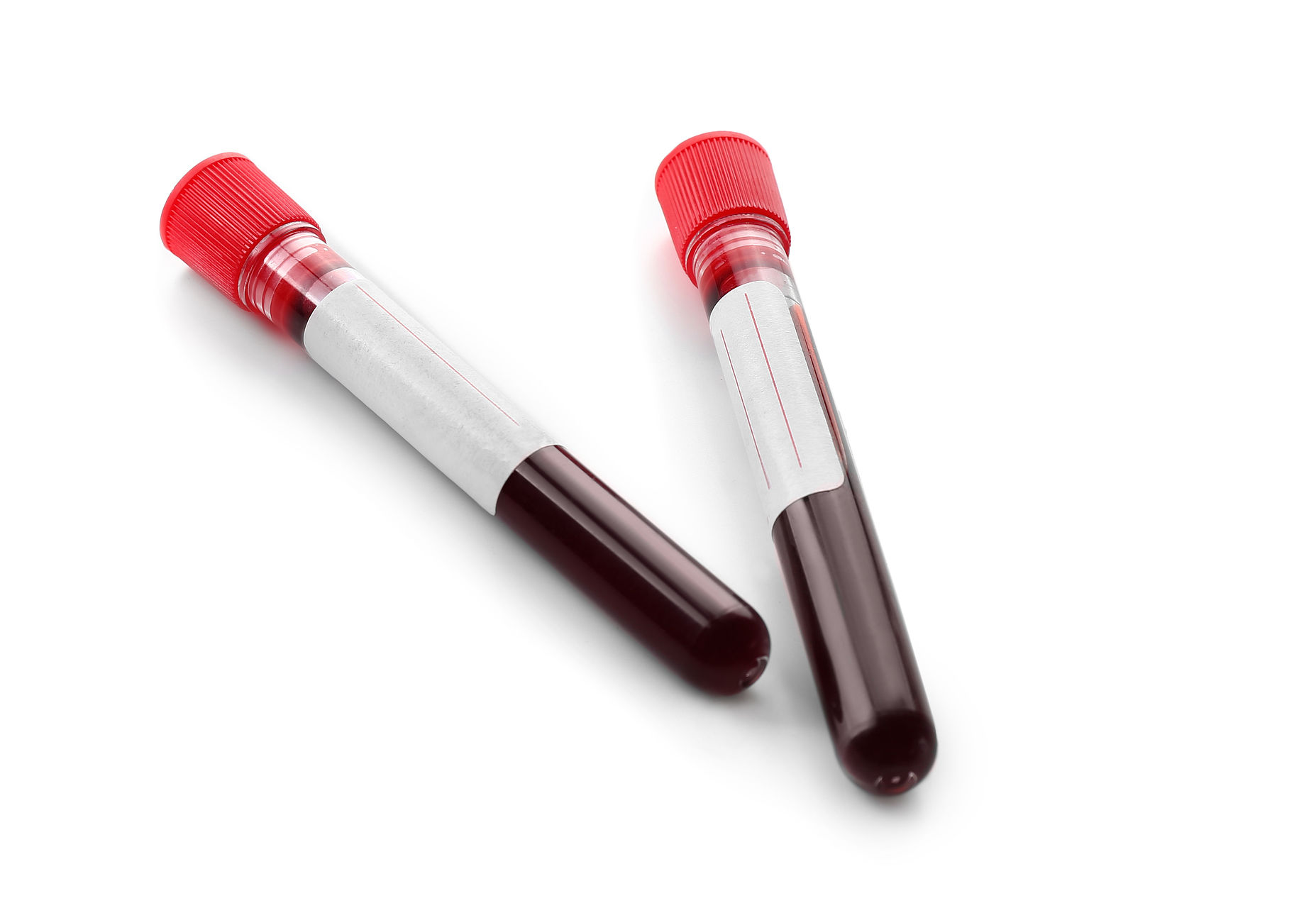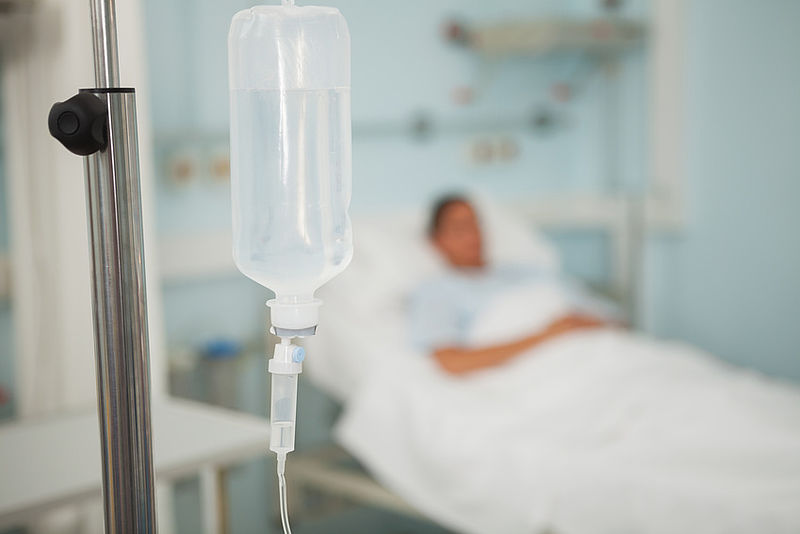Patients infected with SARS-CoV-2 often have a more severe disease course if they already suffer from cardiovascular diseases. Researchers at Frankfurt University Hospital, in collaboration with infectiologists from the LEOSS consortium, have discovered that elevated inflammatory markers and activation of the blood clotting system can be detected in these patients in the early stages of COVID-19 disease, even before severe symptoms become apparent. LEOSS (Lean European Open Survey on SARS-CoV-2) is the European case registry for SARS-CoV-2 infections. "A critical course of COVID-19 disease in cardiovascular patients could be detected early by markers in the blood and treated in time," hopes senior physician and study leader Dr. Sebastian Cremer at the University Hospital Frankfurt.
Inflammation markers warn earlier in cardiovascular patients
The researchers analysed the clinical data and laboratory parameters of 2,147 COVID-19 patients from the LEOSS register. The data came from 122 hospitals in Europe, mostly in Germany, from March to June 2020. The researchers compared people with and without cardiovascular disease at different stages of SARS-CoV-2 infection: the uncomplicated, complicated, and critical stages. In the latter stage, the biomarker level hardly differed in both groups. In the second stage, several markers were elevated in the cardiovascular patients (for example, the protein complex troponin, which is released into the blood when the heart muscle is damaged). At the same time, the researchers saw no differences in the inflammatory markers. In contrast, in the first phase, all patients were asymptomatic or had only mild respiratory symptoms. Here, the patients with previous cardiovascular disease had significantly higher inflammatory markers than the comparison group.
Approach for therapy options
The results could explain why cardiovascular disease is associated with an increased risk of death for patients after SARS-CoV-2 infection. This will also help develop potential therapeutic options for these pre-diseased patients. "Next, we need to test whether anti-inflammatory and blood-thinning therapy can improve the course of SARS-CoV-2 infection in patients with pre-existing cardiovascular disease at the first signs of the disease," explains Dr. Cremer.
The results of the study were published in the journal Clinical Research in Cardiology on 19 November 2020.
Original publication: Cremer, S., Jakob, C., Berkowitsch, A. et al. Elevated markers of thrombo-inflammatory activation predict outcome in patients with cardiovascular comorbidities and COVID-19 disease: insights from the LEOSS registry. Clin Res Cardiol (2020). https://doi.org/10.1007/s00392-020-01769-9
Scientific contact: Dr. Sebastian Cremer, Medical Clinic 3: Cardiology, Angiology, Nephrology, University Hospital Frankfurt, sebastian.cremer(at)kgu.de
Source: University Hospital Frankfurt


